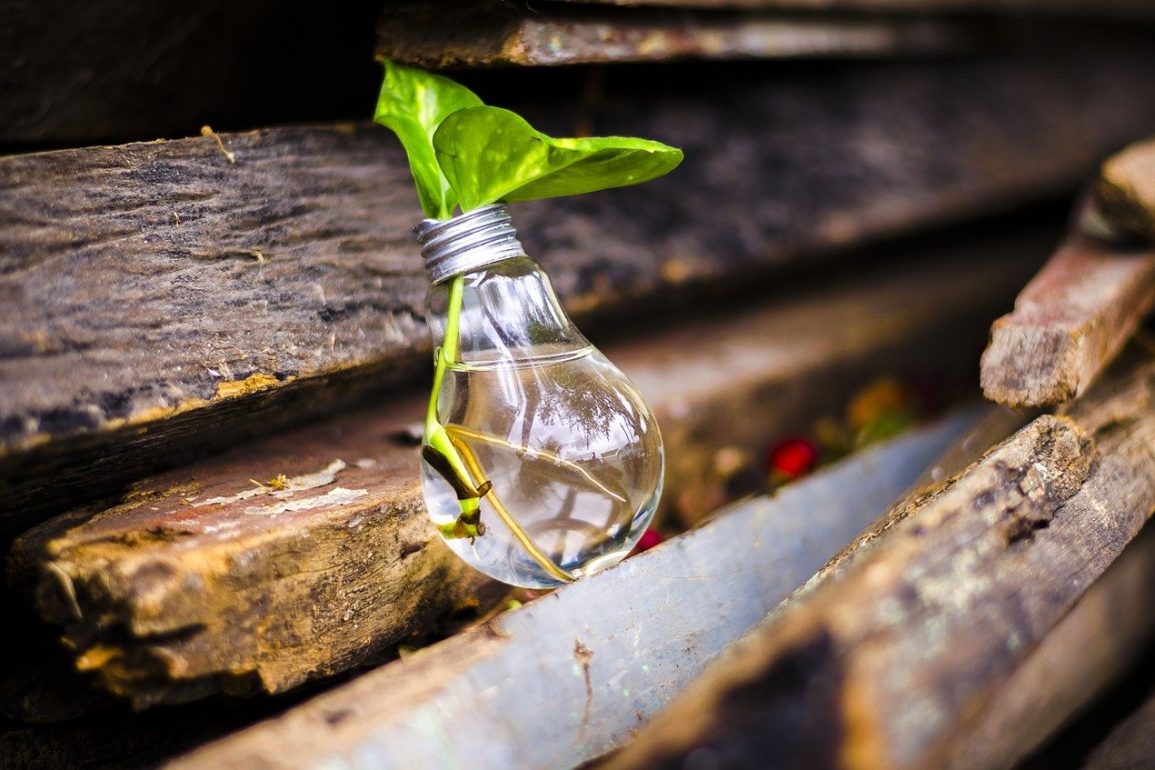Saving Water: From Conserving to Reusing Water in Your Home – While water to some may feel like an infinite resource, it is now more important than ever to ensure no water gets wasted. Climate change, population growth, and changes in land use are just three reasons why water is becoming expensive and even more precious to our everyday lives. Not only will saving water build a safer and more efficient environment but will also bring financial benefits to households on water bills. Even the smallest acts can help in conserving water, and it is vital to be aware of your water consumption and how it can be reduced.
The importance of conserving water
Many people can see saving water as a burden to their everyday lifestyles, when in fact the smallest changes to adopting an eco-friendlier lifestyle can have huge effects on the way they use water every day. Living an eco-friendly lifestyle will not only positively affect water usage, but also energy usage, inequalities, and the climate, as they are all interlinked. As there are endless benefits of conserving water, people question how they can do it without making sacrifices, so here are just a few ways you can save water in your home every day:
Recycling and water conservation
Many people around the world have brought recycling as a habit into their everyday lives. But not everyone knows how recycling benefits water conservation. The industrial production of materials like paper and metal uses a large amount of water in the process. Although most people don’t consider recycling as a way of conserving water, recycling one pound of paper can conserve around 3.5 gallons of water. Conserving water through recycling, whether this is by utilising a recycling bin, or reusing water in your home, will have numerous benefits to the consumption of water in your home.
Introducing a less water intensive diet
When thinking about our water footprint, we usually consider the water we drink, use to wash ourselves and dishes with, when in fact most of the water we consume is made up from the foods we eat every day. Reducing the water footprint on our food will have huge effects on lowering your water consumption every day, and there are many ways you can adhere to this without restricting your diet significantly.
There are many different foods that consume more water than others which affect the amount of water we consume. As animal products such as meat and dairy require more water, a diet with fewer meats and more plant-based foods such as vegetables will require far less water consumption whilst also still having tasty meals. While raising a kilogram of beef takes around 15,000 litres of water, most vegetables only take around 200-300 litres per kilogram. Though it may seem like a far-fetched idea for many to stop eating meat, swapping out meat once a week for a plant-based meal can reduce your water footprint by thousands of litres and lead to an eco-friendlier lifestyle, not to mention the health benefits that come with introducing a more plant-based diet.
If making changes to your diet is not one for you, there are other ways you can reduce the water consumption in your diet. One being managing your food waste. As many foods take up a lot of water conservation, the more people throw away their food waste, the more water is then being wasted too. To prevent food waste from affecting your water consumption, there are various things you can do like planning meals and shopping accordingly so that your weekly shop is used to its fullest potential and no water is wasted.
Turning taps off: everyday tasks that can save water
As we use taps in our homes every day for a variety of tasks, the water consumption levels are constantly rising as a result of this. There are many ways we use taps, including when we brush our teeth, wash dishes, take showers, and many more. We can easily cut down on the amount of water we consume in these daily tasks. By turning taps off when cleaning your teeth or dishes and cutting down on showering and washing hands time, will have major effects on decreasing our daily water consumption levels.
While we should keep our taps switched off as often as possible, it is important to keep in mind that you turn your taps off properly after using them. A dripping tap may seem like nothing urgent, but as those water drops add up, your water consumption levels are increasingly rising. As a dripping tap can waste around 200 litres of water per day, always ensure you turn your taps off properly after each use to ensure you save as much water as possible in your household.
Re-using water in your home
As plenty of the water that we use daily in our home is wasted, conserving water yourself is important in preventing water shortages and ensuring our water consumption levels are not too high. We can reuse the water in our homes in several ways that can be beneficial not only on lower water consumption but also on your water bills. As 50% of water in households is used in bathrooms, followed by laundry, gardens and kitchens, the many ways of reusing water in your household can help reduce these levels and contribute to a better environment.
How water tanks can reserve water from your consumption levels
While storing the water directly from our homes can be beneficial to use within the house, it is important to keep in mind the things that require water outdoors. Depending on where you live rainwater may often come easily. Therefore, harvesting and storing it to use outdoors is an excellent way of reducing the amount of water you need to use from your home.
Although it can be quite daunting thinking about conserving your own rainwater, the use of a water tank makes the job much easier and accessible for anybody to use. Companies such as Northern Tank Store offer a variety of water tanks and storage solutions that are suitable for use in domestic settings. These can be used to store collected rainwater, which can then be used for a range of outdoor jobs. From gardening to washing cars, the use of rainwater is a great way to reduce our everyday water consumption.
Re-using excess water: bottles and ice
If you’re the one that has a handful of leftover half-full bottles of water in your home, don’t be the one to throw them away, reuse them! If it hasn’t rained in a while or it’s simply just time to water your garden, your collected water can be used to water your plants and lawn without wasting too much of the water from your household. Think of the saving effects this could have on your water bills! Whether there isn’t enough room in your freezer, or you have leftovers from a party, reusing your leftover ice cubes is another great way of reusing water for your garden. Scattering them across the grass will save you a job from watering your grass and plants, whilst also saving your taps some water too.
Lilly Light


